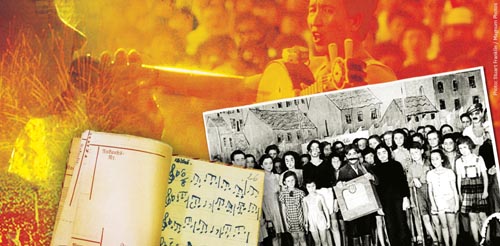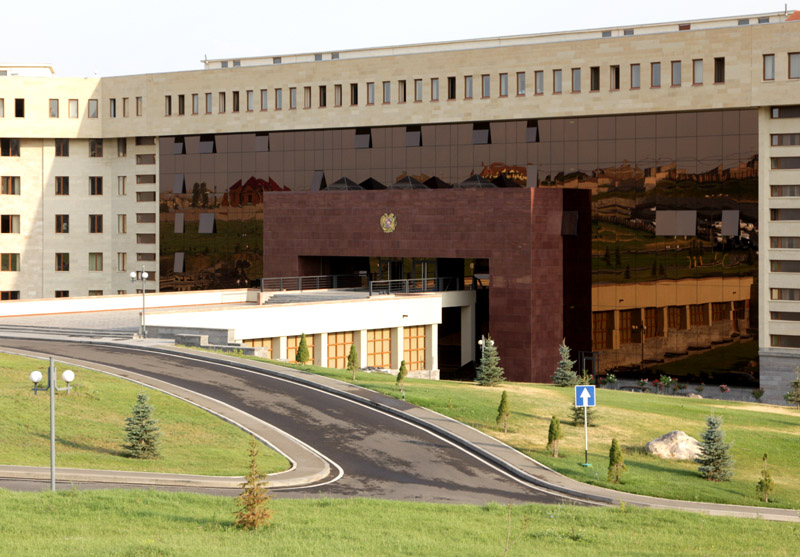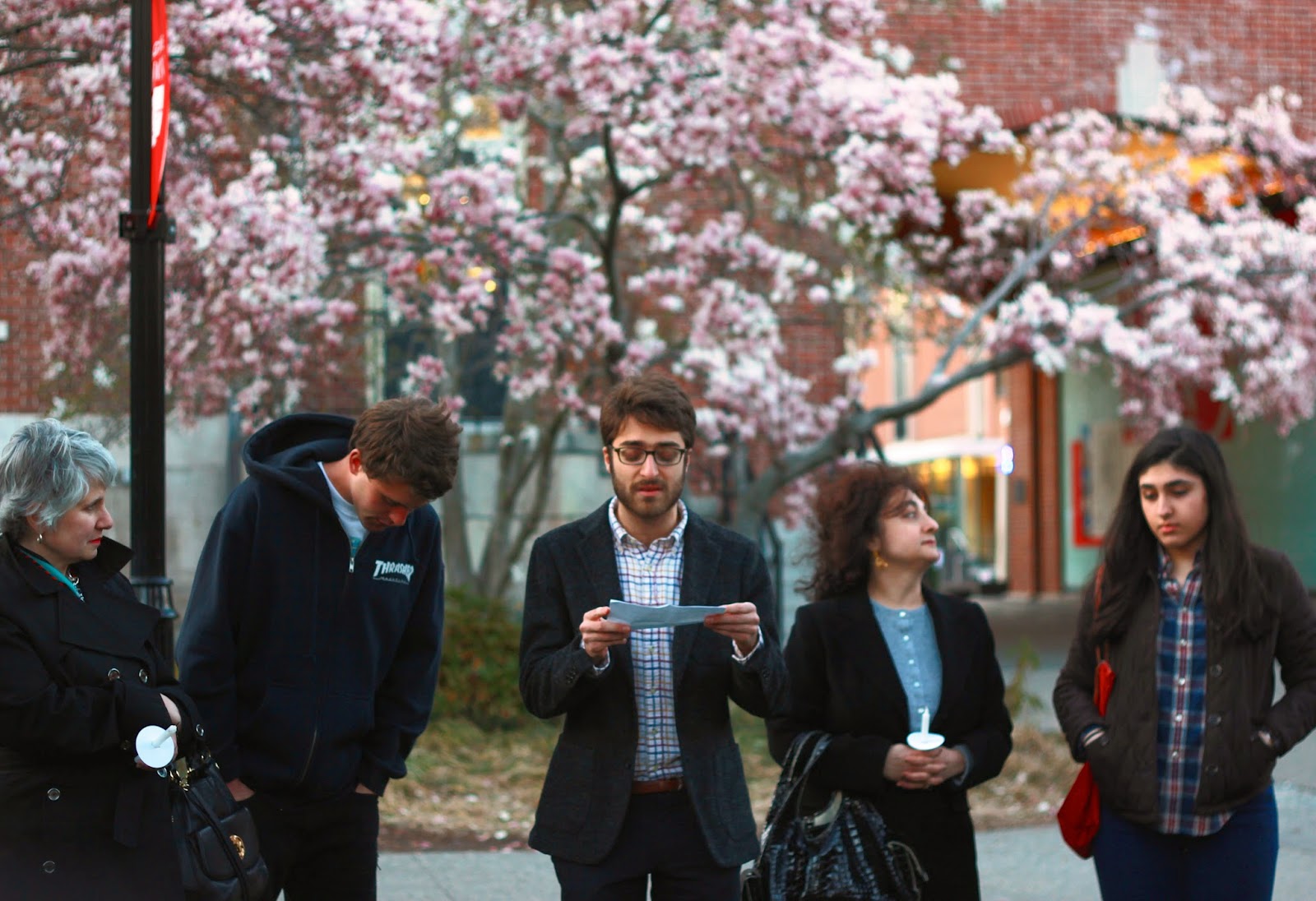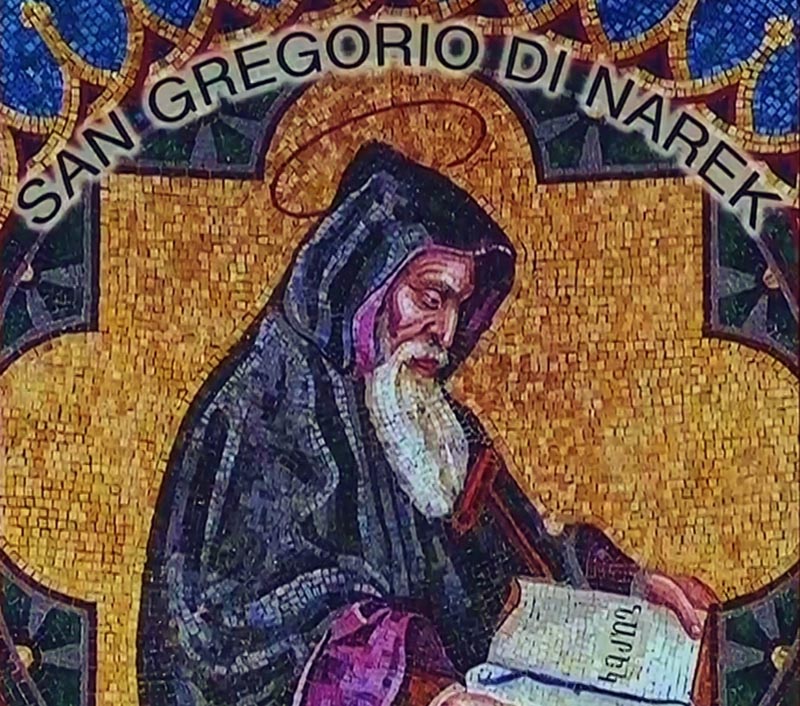LOS ANGELES (GLOBE NEWSWIRE) — USC Shoah Foundation Center for Advanced Genocide Research, in collaboration with the USC Thornton School of Music, will be hosting scholars from around the world for two days of programming on Oct. 10 – 11 to highlight the use of music as a tool to resist oppression and spread awareness. The program, titled Singing in the Lion’s Mouth: Music as Resistance to Genocide will feature two documentary screenings, an international academic symposium and a concert featuring students from USC Thornton School of Music performing pieces used as resistance during various genocides of the 20th Century. Sponsoring the program will be USC Visions and Voices: The Arts and Humanities Initiative.
The documentaries will be screened on Oct. 10. The first, Screamers, showcases how the rock band System of a Down used their songs to raise awareness about the Armenian Genocide. The second, Following the Ninth: In the Footsteps of Beethoven’s Final Symphony, examines how people around the world have used Beethoven’s Ode to Joy to resist dictatorship. Screamers will be followed by a panel featuring the filmmaker Carla Garapedian. A discussion with the director, Kerry Candaele, will follow the screening of Following the Ninth.
The second day of the event will feature the international academic symposium. Speakers from South Africa, Indonesia and the United States will discuss how music has been used as a tool to resist mass violence, including during the Holocaust, as well as the Armenian and Indonesian genocides.
Topics include “Sounds before Surrender: Theory and Actuality of Jewish Musical Resistance Under Nazi Rule,” “We the Black Nation: Music as Resistance in the Struggle Against Apartheid in South Africa,” “A Repertoire Against Genocide Denial: Singing Armenian Lullabies in Istanbul,” and “The Resistant Soundtrack: the Role of Film Music in Promoting On-Screen and Off-Screen Resistance to Genocide.” Included in the discussions are academics and scholars from the University of Cape Town in South Africa, Universitas Padjadjaran in Indonesia, as well as visitors from University of Colorado at Boulder, Columbia University and the United States Holocaust Memorial Museum.
“We often think of music as being entertainment, but it is far more than that,” said Professor Wolf Gruner, director of USC Shoah Foundation Center for Advanced Genocide Research. “Music has always been used as a tool to defy, resist mass violence. Music gives voice to those who are left with no other way to be heard. This conference will explore the many ways people relied on music to stand up to violence.”
The Oct. 11 concert will be performed by students at USC Thornton School of Music and feature music that was used during the Holocaust and other genocides as tools of resistance.
Fourteen pieces will be performed. In one, a dozen USC Thornton Chamber singers will perform two songs simultaneously, as was done in the Buchenwald Concentration camp in Nazi Germany to drown out the chanting of Communist prisoners. The songs are “The Internationale,” a leftist anthem written by Pierre De Geyter and Eugene Pottier in the late 19th century, and “Buchenwaldlied,” by Hermann Leopoldi and Fritz Loerner-Beda. Leopoldi composed the song around Loerner-Beda’s poetry while imprisoned at Buchenwald in 1938 as an entry to a contest promoted by the camp commander.
Students from USC Thornton Division of Contemporary Music will also perform music from a 1971 concert at Madison Square Garden put on by George Harrison to raise money for refugees who escaped the genocide of Bangladeshi people at the hands of the Pakistani military, claiming between 300,000 and 3 million lives.
In an instrumental performance, a student pianist from USC Thornton School will play a rendition of “Two Polonaises,” a piece from a manuscript that was discovered by an inmate of Auschwitz-Birkenau death camp in 1944. The name of the composer is not known.
“Even in the harshest of conditions, people find ways to make music,” said Nick Strimple, a professor with USC Thornton School of Music and an expert on Holocaust music. “Music gives victims a power their perpetrators can’t take away. Even in World War II, there was a great body of work coming out of the camps. Yiddish folk songs are about life. As they were being brutalized, Jews wrote new songs about life in the ghettos and the camps.”
The screenings and the concert will be held on the University of Southern California campus and are open to the public. For details, visit www.sfi.usc.edu.










